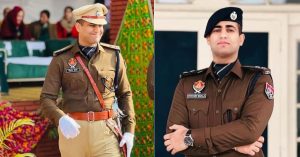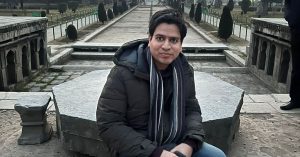‘We All Made It’: Meet the 4 Siblings Who Cracked UPSC CSE to Become IAS, IPS
Kshama, Yogesh, Madhavi and Lokesh Mishra have made their family and Lalganj village in Uttar Pradesh proud by clearing the UPSC CSE to become IAS and IPS officers.
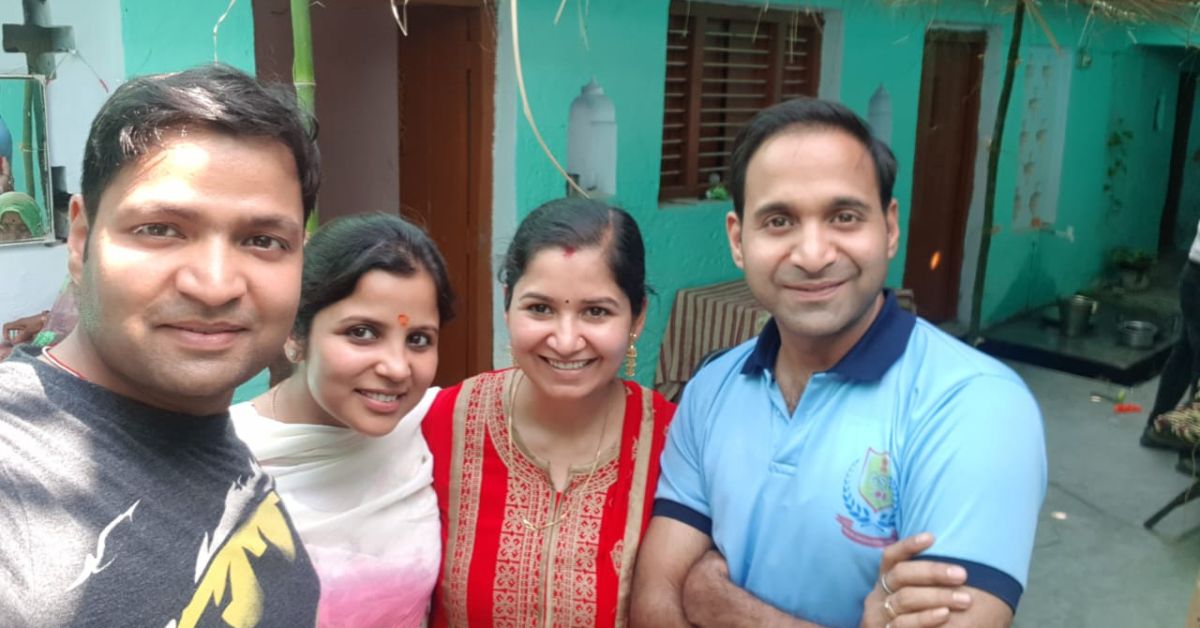
During Raksha Bandhan 2012, the Mishras had gathered at their hometown of Lalganj in Uttar Pradesh.
Of the four siblings, sisters Kshama and Madhavi wore dejected looks, as they had failed to clear the UPSC CSE exams, the results of which had come a day earlier. Their brother Yogesh was unable to see them sad and decided to help them out.
As a Raksha Bandhan present, the then software engineer decided to appear for UPSC himself, find out what the problem was, and guide his sisters accordingly.
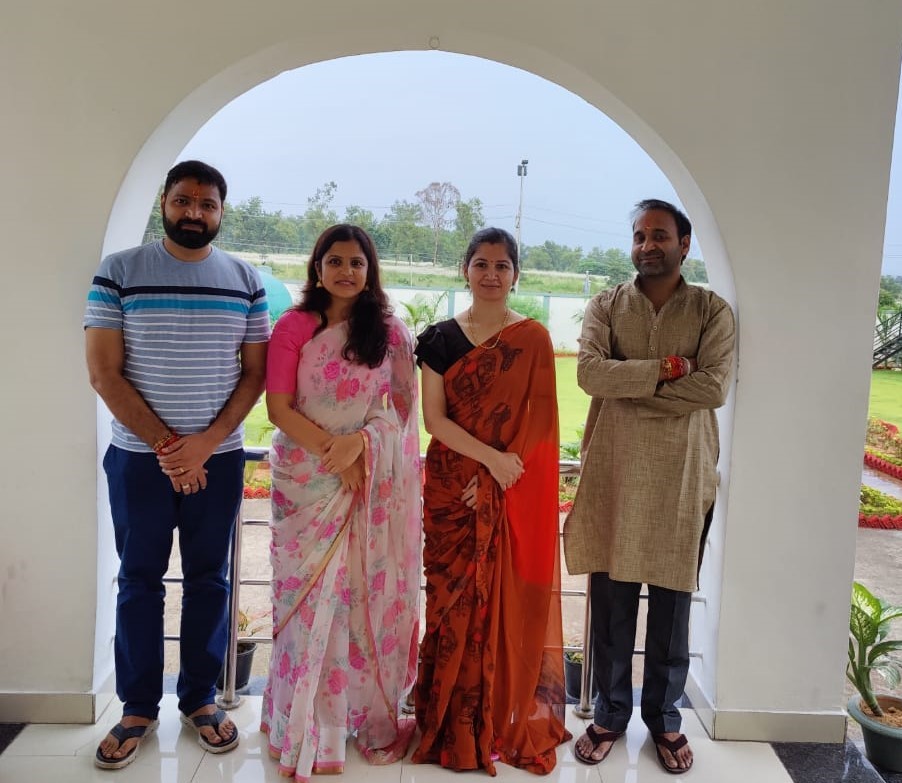
He quit his job in 2013 and spent a year solely focused on UPSC. The following year, he cleared it in the first attempt and became an IAS officer.
He coached his two sisters and younger brother with his understanding of the exams and notes. In 2015, Madhavi cleared the exam and became an IAS officer. The following year, both Kshama and Lokesh cleared the exam and are now IPS and IAS officers respectively.
In a conversation with The Better India, Lokesh, the youngest, says that for those growing up in Lalganj — which was a village in the 80s and 90s — in a lower middle class family, the UPSC was considered a dream government service. But while their parents always wanted them to give the exam, they never forced their dreams on their children.
All four siblings studied till Class 12 in a Hindi-medium school.
Yogesh went to Motilal Nehru National Institute of Technology in Prayagraj for his engineering. He harboured no interest in UPSC and went on to work in a software company in Noida. But when his sisters, who aspired to clear the civil services exam. faced hurdles, he jumped into the fray himself.
‘Understanding the syllabus key to cracking the exam.’
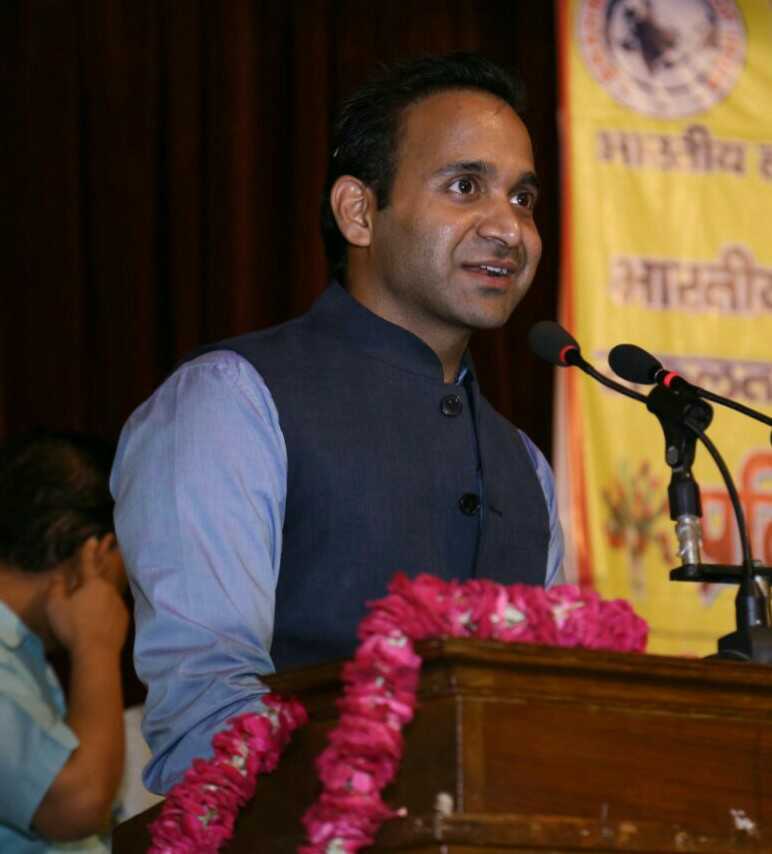
He says that the turning point for him was the change in the UPSC exam pattern in 2011. The CSAT (Civil Services Aptitude Test) was introduced that year as a part of the UPSC CSE.
“A change in exam pattern is always good for new entrants, as it creates a level playing field for everyone. When I decided to write the exam, the CSAT had been introduced just two years before. CSAT includes aptitude, reasoning, and analytical questions. I felt that it was the hurdle due to which my sisters weren’t able to clear the exams and decided to give it a shot myself,” he explains.
He pored over notifications given by the Examination Commission over the past few years to understand what they expected and why they changed the pattern.
“I also accessed all possible papers to understand the thinking of the Commission and expectations from students. I also had a level playing field as CSAT was new for everyone. I prepared my own notes and managed to clear the exam,” Yogesh, now a 2014-batch IAS officer posted in Shahjahanpur with the Ministry of Defence, says.
He then shared his notes and tricks with his sisters.
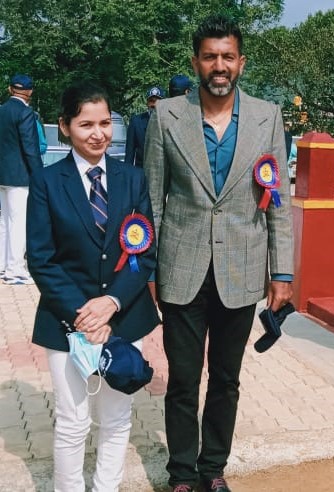
He says his sister Madhavi, who cleared the following year, scored better than him. Meanwhile, Lokesh scored an even better rank.
Madhavi is posted as the Development Commissioner (DC) of Ramgarh in Jharkhand. Meanwhile, Lokesh is posted as the Deputy Development Commissioner (DDC) of Koderma in Jharkhand and Kshama is posted as a Commandant of the 3rd battalion of Karnataka State Reserve Police (KSRP).
“Each year, I was able to coach my siblings better as I gained a better understanding. I was able to fine-tune my notes and teaching methods. That’s why Lokesh secured an even better ranking,” says Yogesh.
Lokesh explains, “I did my engineering from IIT-Delhi and worked for two years before attempting UPSC. Seeing my siblings clear the exam, I, too, wanted to give it a shot. Besides, I had the advantage of having a good teacher in my brother.”
All four siblings have made their parents and village proud.
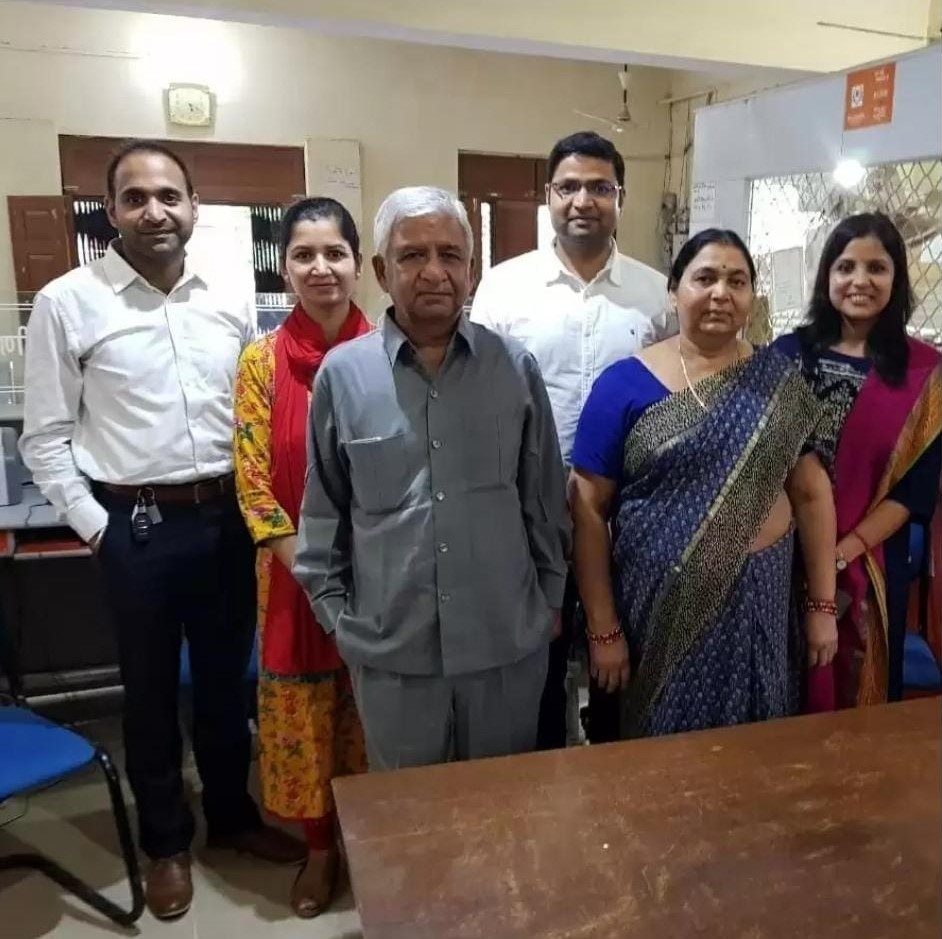
“Our children have always been very hard-working and honest. After writing an exam, they would tell us if it was good or not. They’ve been rewarded for their perseverance,” says Krishna Mishra, mother of the siblings.
Today, the siblings have set up a coaching centre called Glory IAS, where they guide students. Yogesh, who is leading the initiative, says he has helped more than 100 people clear their UPSC exams in the past 7-8 years. They offer personal one-to-one guidance.
“I think the most important thing needed for clearing the exam is practical guidance and genuine feedback from an expert. In my case, I had an expert at home. My brother would keep checking my papers and guiding me. He told me where I was going wrong, which helped me improve,” says Lokesh.
They have also launched a YouTube channel Glory IAS, where they post tips and tricks to help aspirants.
“In today’s world, resources are widely available, as is knowledge. However, personal guidance is very important to clear the UPSC. Understanding the syllabus is of paramount importance. Due to the paucity of time, we are able to teach a few candidates. To help more people, we’ve launched a YouTube channel,” says Yogesh.
His aim is to create more IAS and IPS officers from small towns and villages, like theirs.
You can visit Glory IAS’s YouTube Channel here.
Edited by Divya Sethu, Images courtesy Yogesh Mishra
If you found our stories insightful, informative, or even just enjoyable, we invite you to consider making a voluntary payment to support the work we do at The Better India. Your contribution helps us continue producing quality content that educates, inspires, and drives positive change.
Choose one of the payment options below for your contribution-
By paying for the stories you value, you directly contribute to sustaining our efforts focused on making a difference in the world. Together, let's ensure that impactful stories continue to be told and shared, enriching lives and communities alike.
Thank you for your support. Here are some frequently asked questions you might find helpful to know why you are contributing?






